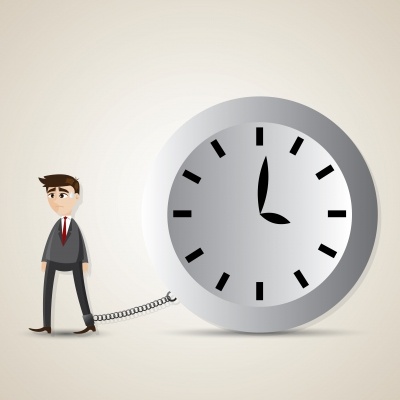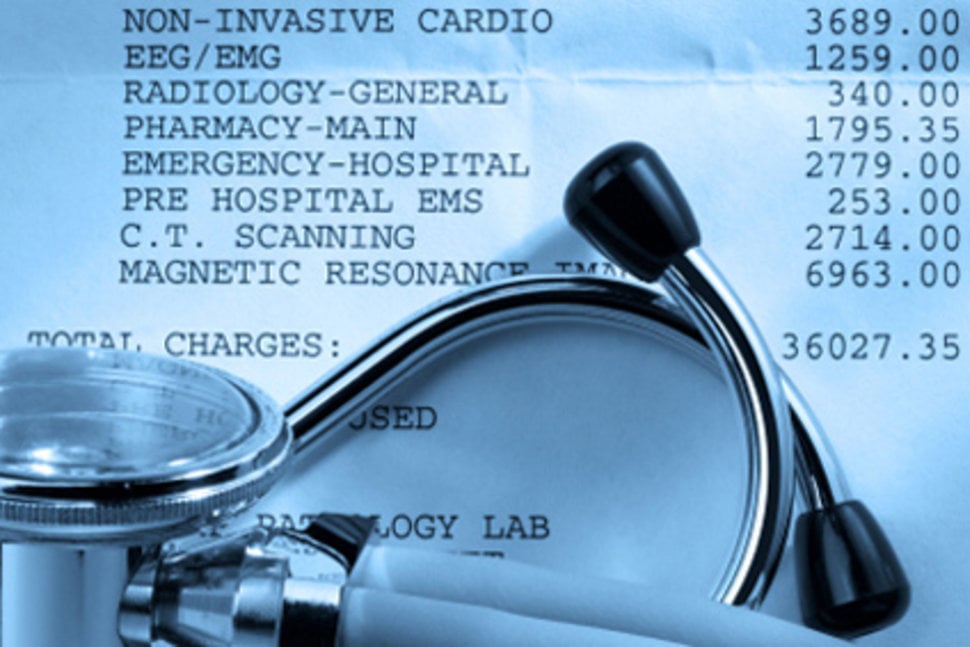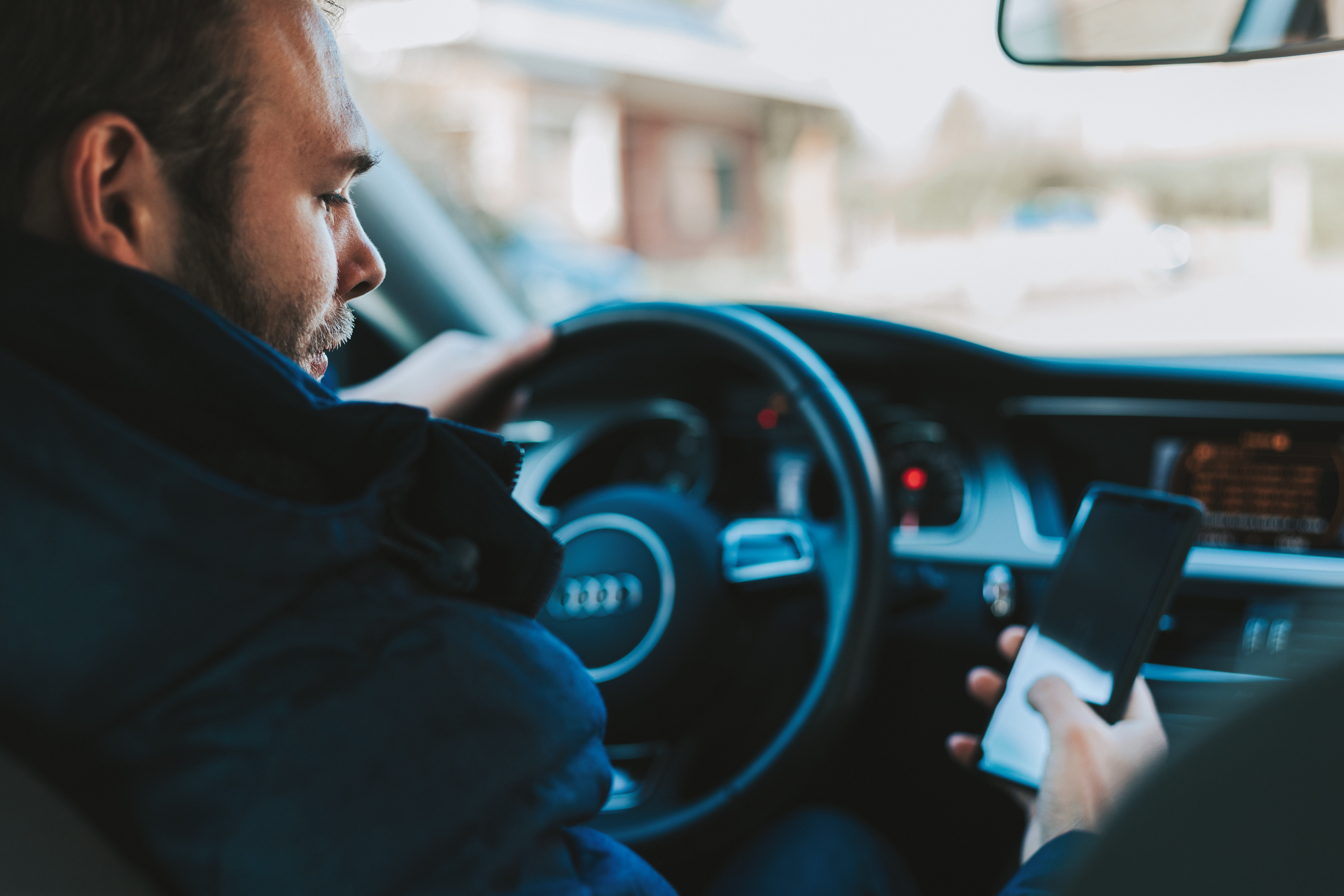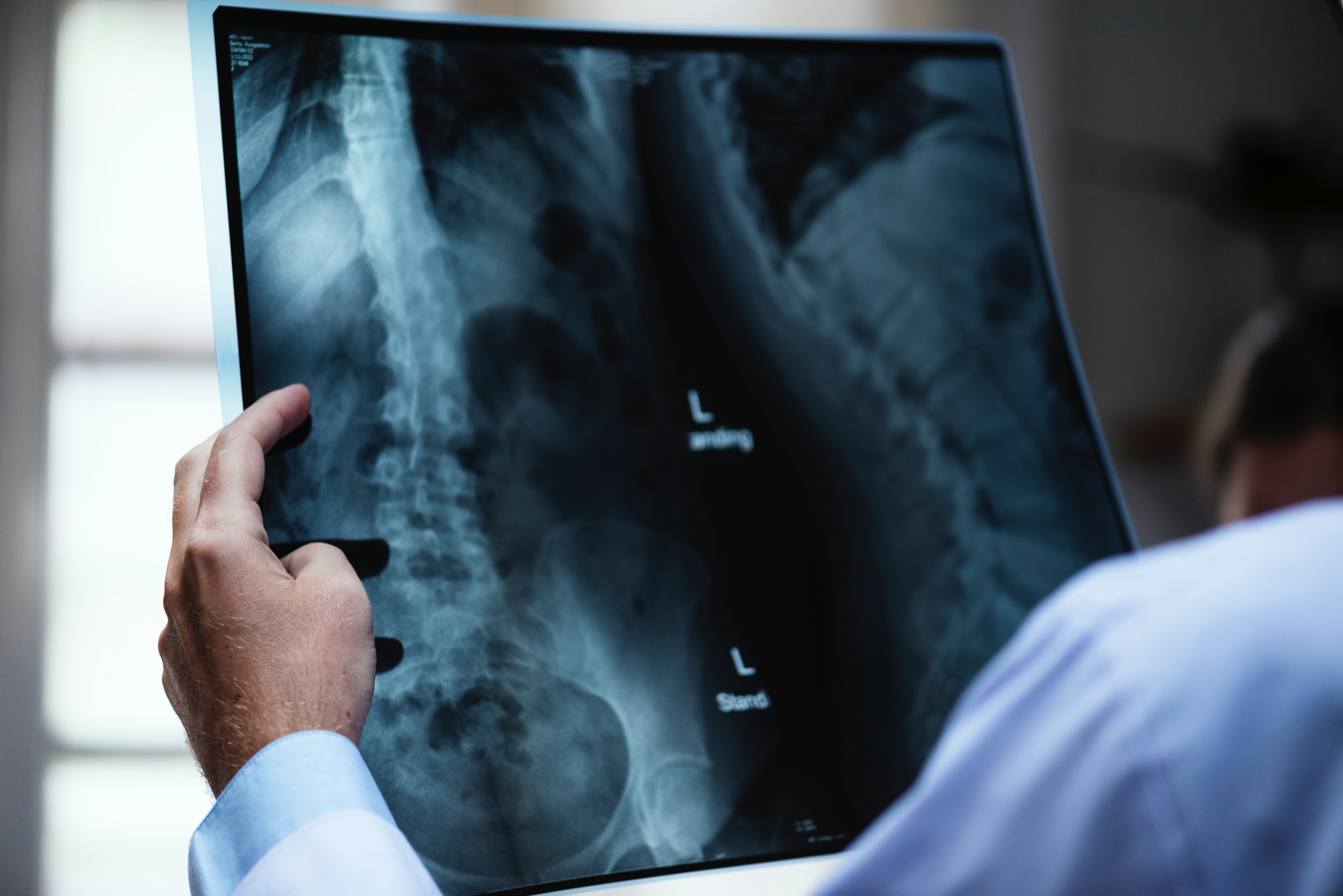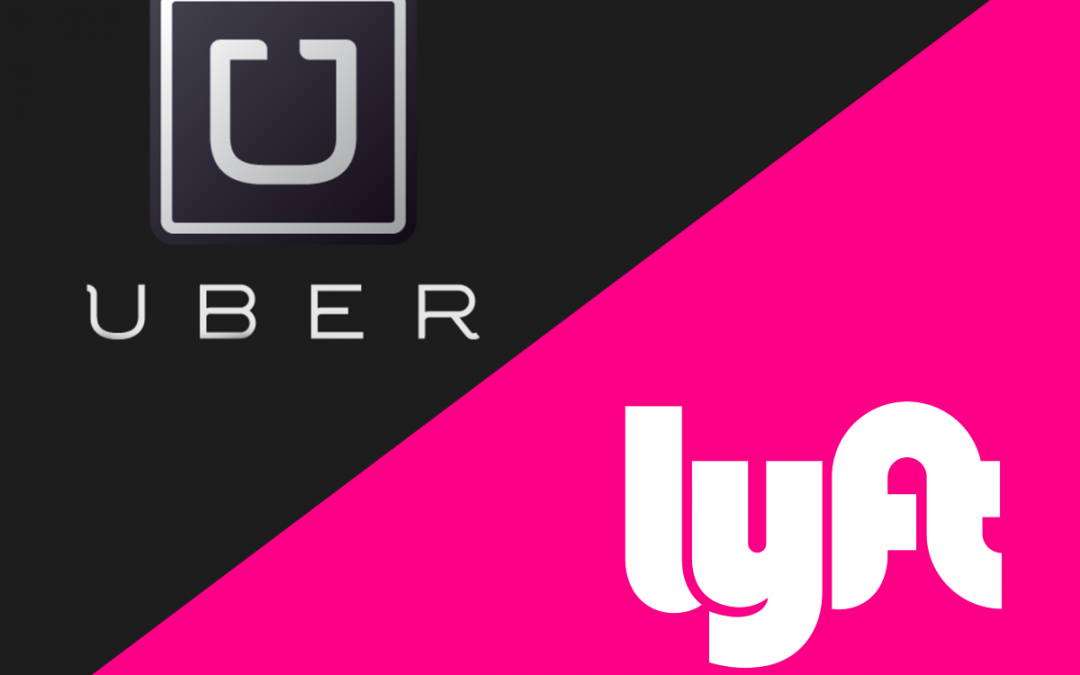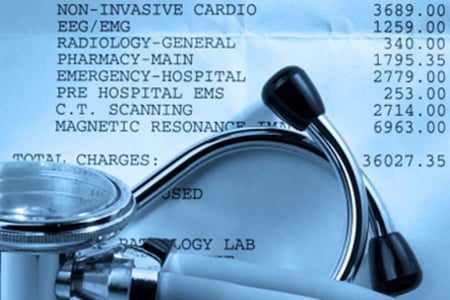 If you've been injured in a car accident that was someone else's fault, you'd expect their insurance company to pay your medical bills.
If you've been injured in a car accident that was someone else's fault, you'd expect their insurance company to pay your medical bills.
Indeed, you could get a settlement with the insurance company that includes reimbursement for your medical bills. But they're not going to write you a check every time you go to the doctor.
Any settlement from an insurance company would only come AFTER you're mostly recovered, no matter how clear it is that someone else is at fault for causing the accident.
So, how do you pay your medical bills before you get a settlement? In Florida, you start with your own auto insurance policy.
No-Fault and Personal Injury Protection (PIP)
 Florida is what's called a no-fault state regarding car accidents, which means that an injured person first has to turn to their own insurance policy to pay to treat their injuries, no matter who was at fault. All Florida drivers are required to have a minimum of $10,000 in Personal Injury Protection (PIP) coverage for this purpose.
Florida is what's called a no-fault state regarding car accidents, which means that an injured person first has to turn to their own insurance policy to pay to treat their injuries, no matter who was at fault. All Florida drivers are required to have a minimum of $10,000 in Personal Injury Protection (PIP) coverage for this purpose.
According to Florida's Office of Insurance Regulation, the intention of the PIP requirement is “to provide injured drivers up to $10,000 in immediate medical coverage in lieu of establishing fault through the court system."
Though it's a little strange to go to your insurance when the accident wasn't your fault, no-fault laws allow you to get paid quickly and without having to go to court and establish liability.
You can use your Personal Injury Protection coverage for the costs of an ambulance, hospital visit and surgery, doctor's visits, medication, and rehabilitation.
To get your personal injury protection money, you'll need to contact your insurance company and make a claim with a no-fault application.
Using Your Health Insurance
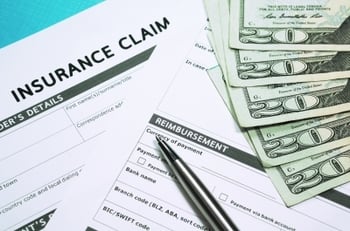 If your bills exceed $10,000, or however much PIP your policy covers, then you may need to use your health insurance to pay to treat your injuries. Your health insurance company has a right to be reimbursed for what they paid your healthcare providers if you eventually get a settlement with the other driver's auto insurance company. If you don't have health insurance, Medicare, or Medicaid, then you'll have to pay cash or work out a payment agreement with your healthcare providers to get treatment until you get a settlement.
If your bills exceed $10,000, or however much PIP your policy covers, then you may need to use your health insurance to pay to treat your injuries. Your health insurance company has a right to be reimbursed for what they paid your healthcare providers if you eventually get a settlement with the other driver's auto insurance company. If you don't have health insurance, Medicare, or Medicaid, then you'll have to pay cash or work out a payment agreement with your healthcare providers to get treatment until you get a settlement.
Getting A Settlement and Hiring An Attorney
Unless you have extensive experience negotiating personal injury cases with insurance companies, you should consider getting an attorney to work for you to get the best settlement possible. Insurance companies don't necessarily make it easy for you to get a fair settlement that you're entitled to. An experienced attorney could help you to get the best result.
Personal injury attorneys don't charge an up-front fee. They take a percentage of any settlement they get you, usually a third, so they have the incentive to get you the biggest recovery.
Remember, if you are injured in any way, you should seek immediate medical attention. You can worry about paying the bills and getting a settlement later. Without your health, nothing else matters.




